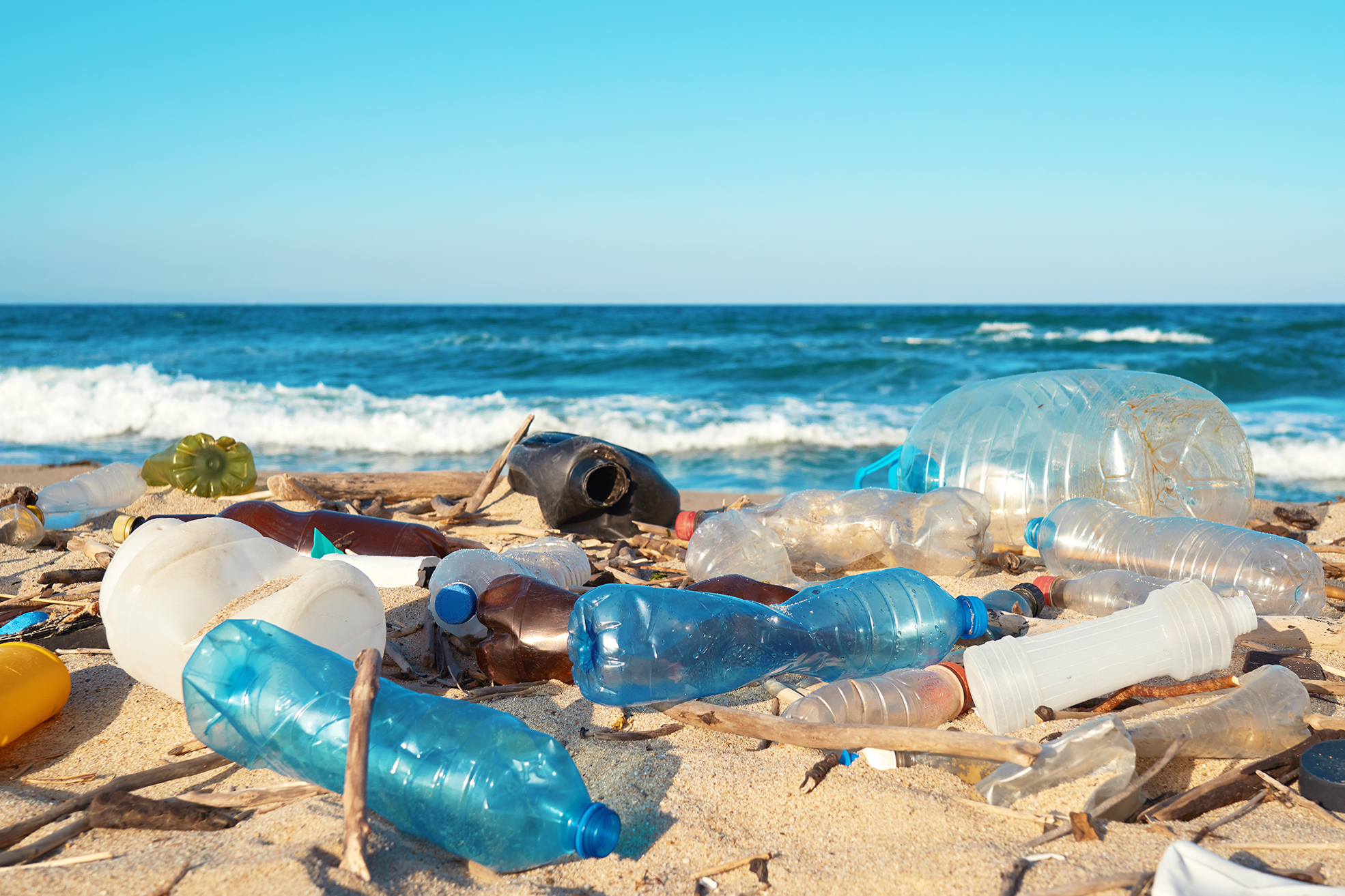Seaspiracy is a documentary on Netflix. This film sheds light on the devastating effects the fishing industry is having on our planet, specifically the ocean. As someone who deeply cares for our planet I of course watched it. This film left me feeling sick about the state of our ocean. However, it also left me questioning some of the claims made in this film. I think that we should always question information we receive. There is always more than one side to every story and so I did just that. So, I set out to find out whether this documentary was mainly fact or if some of the extreme claims were fictitious.
Most of the Plastic in the Ocean is From Fishing Nets

In my research, I found numerous sources that stated about 10% of the plastic pollution in the ocean is from fishing nets. These sources include World Wild Life Fund, IUCN, and GreenPeace. I would argue their claim is, therefore, mainly fictitious to help get their point across. However, there is some truth to the claim that fishing nets are a bigger problem than plastic straws. Meaning, plastic straws are for sure a problem, but maybe not as big of an issue as we have been lead to believe.
The reality is everyday people are ultimately to blame for using so many one-time use plastic products. Yes you are the problem. You are directly helping to kill the oceans every time you take that plastic bag or grab a disposable plastic water bottle. Oh, but you recycle? Here is a hard fact, only about 8% of plastics actually get recycled.
Why make this claim then? I couldn’t find any hard evidence on this, but I speculate that this film may have been backed by certain industries that are trying to save the reputation of one-time use plastic products. Aiming to distract us from the real plastic problem and solely blame the fishing industry. Again, I have absolutely no evidence of this, but it is simply speculation based on how the film ignores the real plastic problem.
Sustainable Seafood Doesn’t Exist
Sadly this is mainly true, however, the language may leave room for debate. The term sustainable is very vague, as it simply means that practices are being used that promote long term vitality. However, what is long term? What are the long term impacts? What is considered vitality? There are so many unanswered questions…
I would recommend taking a look at the NOAA Fisheries site. You will find that they are extremely vague in what sustainability means. They paint a nice picture of sustainability means, but when you start questions it there are so many unanswered questions.
In general, marketing messaging like the little blue stamp on our seafood products don’t actually hold much weight. Numerous fisheries have been certified but are actually targeting troubled fish or are directly harming the environment. This is mainly a marketing message designed to make you feel better about your food choices. Important note, it is not only the fishing industry who uses clever marketing like this to make you feel better about your food choices. The food industry in general is known for being deceptive by using clever verbiage.
Save the Ocean – Stop Eating Seafood
As a seafood lover this was a hard one to stomach. However, the messaging is the same across the board when it comes to eating meat, if we would all decrease meat consumption we would see positive impacts on the environment.
Take Home Message
Watch Seaspiracy, but as always, be a critical thinker. Remember that this is just one side of the story. Positive changes could be made if more of us opened our eyes to serious issues like over fishing. Watch documentaries, follow credible environmental resources, do our homework and advocate. Do you part to spread the word. We are destroying our planet. It’s not just the fishing industry, that is just one piece of the puzzle.


